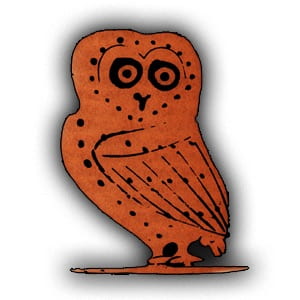Every year, the Journal of the History of Ideas awards the Morris D. Forkosch Prize for the best first book in intellectual history.
The winner of the 2021 prize is Ross Carroll, for Uncivil Mirth: Ridicule in Enlightenment Britain, published by Princeton University Press.
The judging committee writes:
In his compelling and cogent Uncivil Mirth: Ridicule in Enlightenment Britain, Ross Carroll provides a striking historical analysis of debates over the political power and moral force of humor. Across a range of source materials, with insightful close readings balanced by sensitive contextualization, Carroll’s history draws out the potentialities attributed to ridicule. Carroll points to a framework for understanding the historical affordances of ridicule that remains resonant in the present day, contrasting Hobbesian reproofs with the measured embrace associated with Shaftesbury. His analysis and framework is refined not only through analytical readings of Hobbes, Shaftesbury, and later British, and particularly Scottish, writers, including Hume, Adam Smith, and the Aberdeen philosophers George Campbell, Thomas Reid, James Oswald, and James Beattie. It extends to Scottish abolitionist ridicule of slaveowners, inspired by Montesquieu, together with admonitions against the use of ridicule by slaves and those freed. In its final historical chapter, Uncivil Mirth carries this analysis through eighteenth-century education and conduct manuals to the writings of Mary Wollstonecraft and her proposal that girls be taught to ridicule writings predicated on a vision of women as subordinate. By repeatedly correcting scholarly misreadings and simplifications of the place of ridicule in political and moral thought, Carroll not only succeeds in offering novel and insightful readings of canonical texts, he also points to the need to rethink the place of ridicule in and beyond the political thought of Enlightenment Britain.
Ross Carroll is a senior lecturer in Political Theory at University of Exeter. His teaching and research are primarily focused on the history of early modern political thought.



